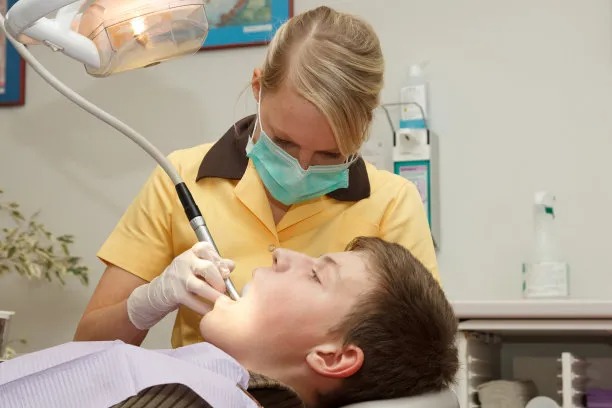Understanding the Process and Importance of Extracting a Tooth for Oral Health and Future Dental Care Choices
Summary: Tooth extraction is a significant dental procedure that plays a crucial role in preserving oral health. This article explores the process of tooth extraction, its importance in preventing further dental issues, the emotional impacts on patients, and how it influences future dental care choices. Understanding these aspects is vital for individuals considering extraction, as it highlights the necessity of this procedure in maintaining overall dental well-being and informs future oral health decisions.
1. Understanding the Tooth Extraction Process

The tooth extraction process begins with a thorough evaluation by a dental professional. This evaluation may include taking X-rays to assess the tooths condition and the surrounding bone structure. Dentists use this information to determine whether extraction is necessary and to plan the procedure accordingly.
Once a decision to extract has been made, the dentist will explain the procedure to the patient. Local anesthesia is typically administered to numb the area around the tooth, ensuring the patients comfort during the extraction. For more complex cases, sedation may be used to help the patient relax.
Once the anesthesia takes effect, the dentist will carefully remove the tooth. Simple extractions involve removing teeth that are visible in the mouth, while surgical extractions are required for teeth that are broken or not fully erupted. Post-extraction care instructions are provided to assist with recovery.
2. Importance of Extraction for Oral Health
Tooth extraction can be a critical measure for maintaining oral health. One of its primary purposes is to address dental issues such as severe decay or infection. If a tooth is beyond repair, extracting it prevents potential complications, including the spread of infection to other teeth or jawbone.
In addition to preventing infections, extracting teeth may also relieve overcrowding in the mouth. For patients undergoing orthodontic treatment, removing certain teeth can create sufficient space for the remaining teeth to align properly, ultimately improving overall dental positioning.
Furthermore, timely extraction can minimize the risk of developing more serious dental problems, saving both time and financial resources in the long run. Neglecting necessary extractions might lead to more invasive procedures and prolonged treatment plans later on.
3. Emotional and Psychological Impact on Patients
Patients often experience a range of emotions surrounding tooth extraction. Fear and anxiety about the procedure itself are common, as many individuals have apprehensions about pain and recovery. Understanding the extraction process can help alleviate some mental distress and set realistic expectations.
Moreover, the emotional impact of losing a tooth cannot be understated. Patients may feel self-conscious about their appearance or worry about speaking and eating without their extracted tooth. Dental professionals often address these concerns by discussing options for replacements, such as dental implants or bridges.
Support from family and friends is essential during this time. Open conversations about the procedure and post-extraction life can provide comfort and reassurance, helping patients manage their emotional experiences effectively.
4. Future Dental Care Choices After Extraction
The decision to extract a tooth will invariably influence future dental care choices. After extraction, patients must be proactive about oral hygiene to prevent complications like dry socket or infection. Adopting a rigorous dental routine is crucial during the healing process.
Additionally, individuals may need to consider restoration options for the extracted tooth. Dentists often recommend solutions such as dental implants, dentures, or bridges to replace missing teeth, helping patients regain their confidence and function.
Regular dental check-ups and ongoing communication with the dentist are vital for tailoring future care plans. These appointments allow for monitoring the entire dental landscape and making timely adjustments to ensure long-lasting oral health.
Summary:
In conclusion, understanding the tooth extraction process and its significance for oral health is critical for informed decision-making. Recognizing the emotional implications and future considerations empowers individuals to embrace their dental journeys confidently.
This article is compiled by Vickong Dental and the content is for reference only.



